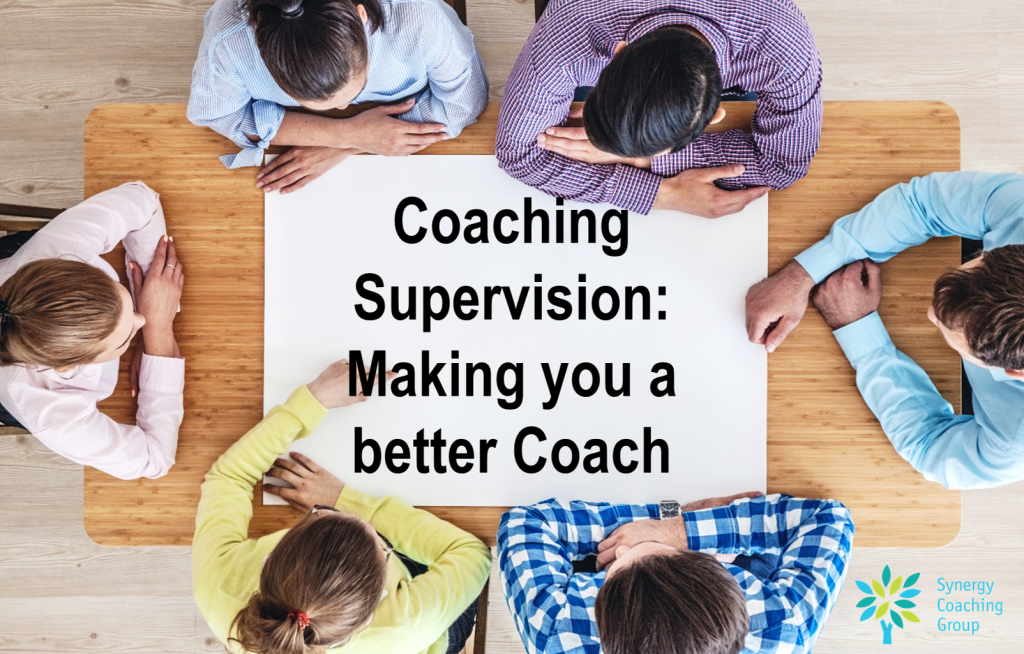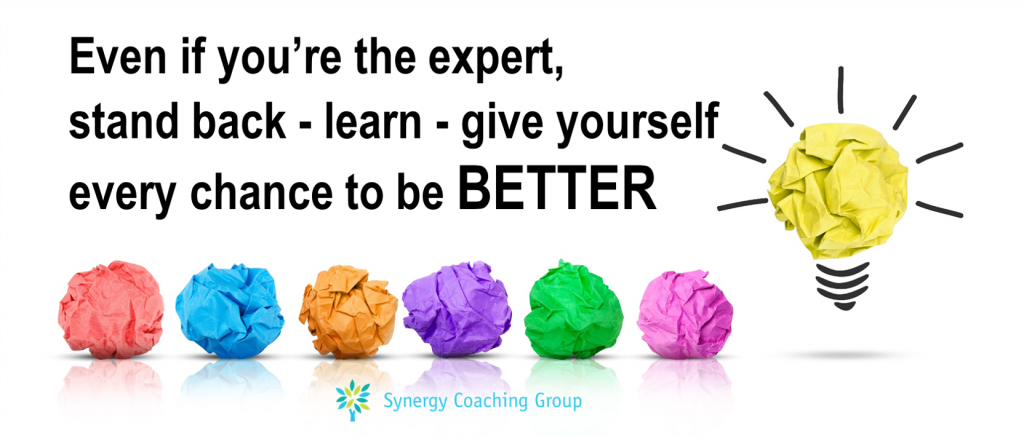
OK – so I’m biased! I am, after all, a coaching supervisor… Having said that, I’ve been having supervision myself for over 20 years and there’s no way I could have sustained my coaching practice in the way I have without it.
I was observing myself a couple of days ago during my last supervision session. I realise that I find it so enriching to be able to discuss both my successes and my challenges with my supervisor. She uses the time to help me really reflect on how I’m working. I’m able to put myself “on the balcony” and observe myself, what I’m saying and how I’m feeling as I’m talking to her.
I particularly remember a time where I was feeling really ‘pushed about’ by one of my clients. ‘Jane’, a very senior executive who was brilliant in her area of expertise, was clearly having some significant communication issues with her team. Two of her direct reports had recently resigned, apparently as a direct result of her aggressive leadership style. The rest of the team were demotivated and their recent engagement score was definitely well below average. Jane’s manager had discussed these issues with her but, to date, nothing seemed to have changed. It was decided that maybe a series of coaching sessions might work.
As my sessions with Jane progressed, I found myself feeling increasingly inadequate and almost scared of this woman. She was offhand, unfocused, and seemed totally disengaged in the coaching process. I started to dread every session with her.
When I took this case to supervision, I realised that what was happening between me and Jane mirrored the issues that Jane’s team were experiencing with her. I also recognised that buttons were being pushed for me from my past. This awareness was challenging, but also incredibly useful. A deeper discussion with my supervisor on how to proceed with the coaching helped me discover compassion for my client – and myself – in a way that I simply hadn’t been able to before. I was able to stand back and really see that her brusque exterior hid a very vulnerable side.
In my next coaching session I gathered my courage and, in as respectful a way as possible, I shared with Jane how her behaviour had impacted me. To my astonishment, she let down her guard and we actually started to have a very different conversation.
I’m happy to say that this turned out to be a really successful coaching assignment. The change in my client and her relationship with her team was extraordinary. Jane started to be able to look at herself in a very different way and recognise how incredibly unhelpful her communication style had been. She realised that her behaviour had been influenced by very difficult experiences in her past, something that she had been completely unaware of before the coaching intervention.
This experience was a great lesson for me in learning to stand back, observe myself in a coaching session and then, with great respect, describe my observations and feelings directly to the client. The other gift was that the organisation was so delighted by the change in Jane and her relationship with her team that they gave me huge amounts of coaching work!
I could never have achieved this outcome with-out supervision.
Here are a couple of excellent books about coaching supervision:
Coaching Supervision: A Practical Guide for Supervisees
Reflective Practice and Supervision for Coaches
For more information about the purpose of coaching supervision and how to find a supervisor please visit:
The Australian Community for Coaching Supervision

Recent Comments